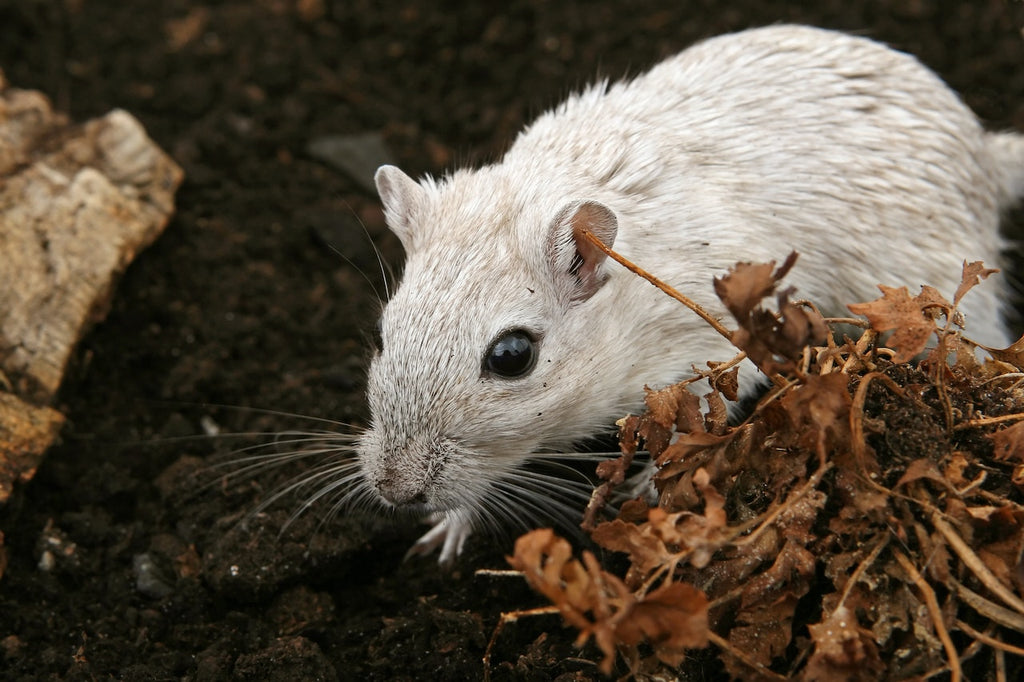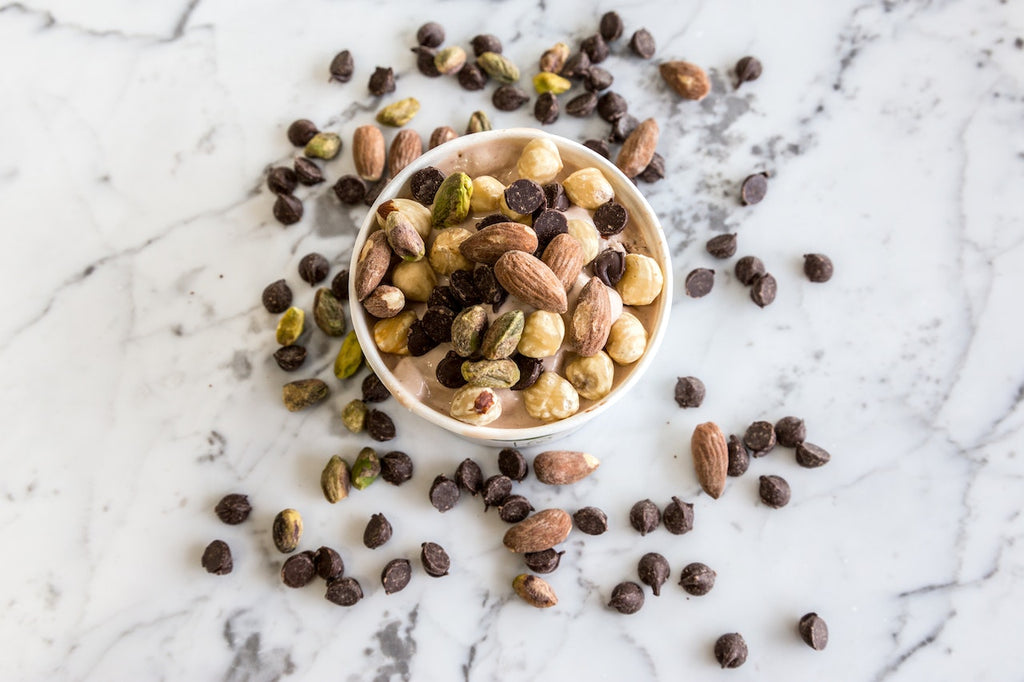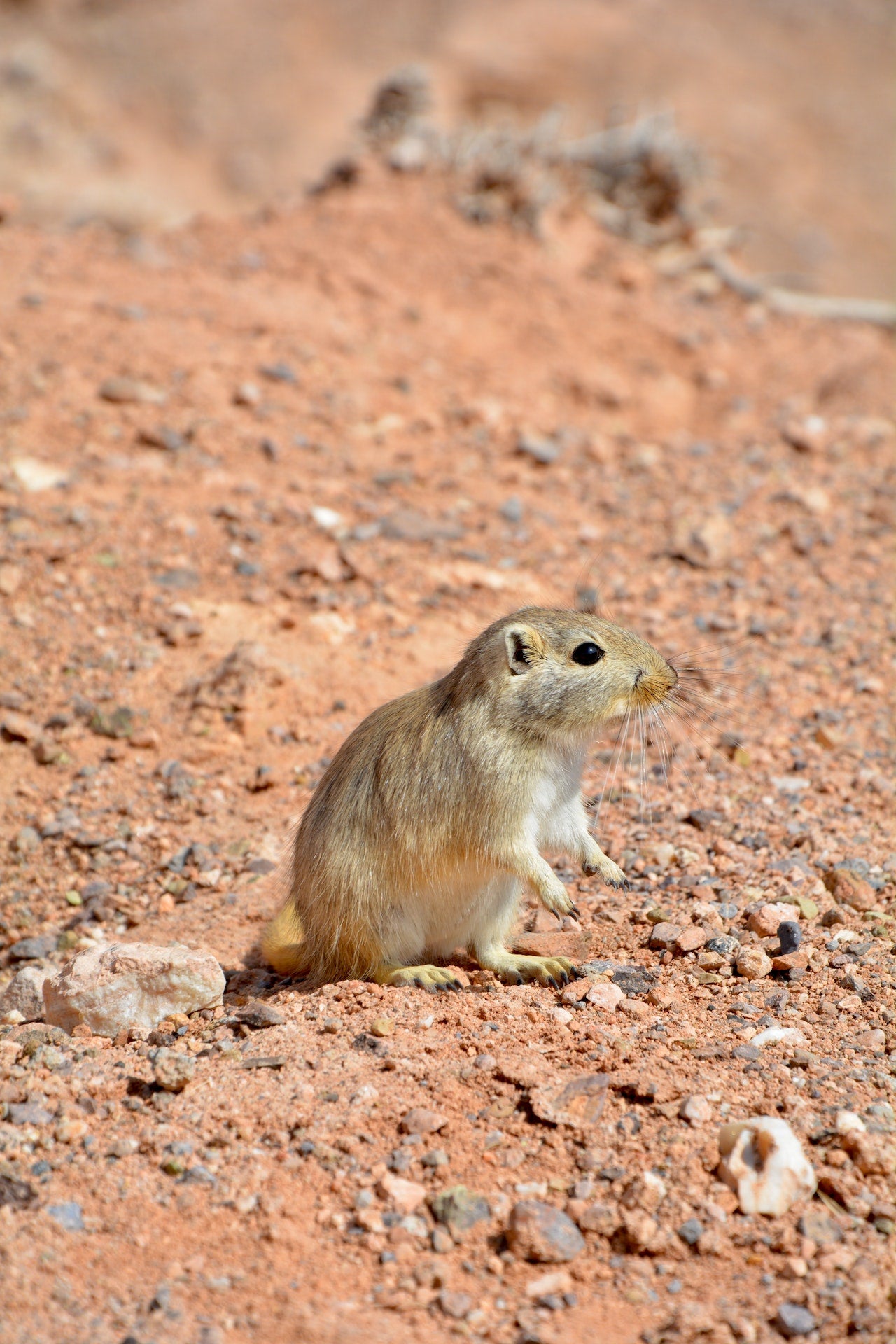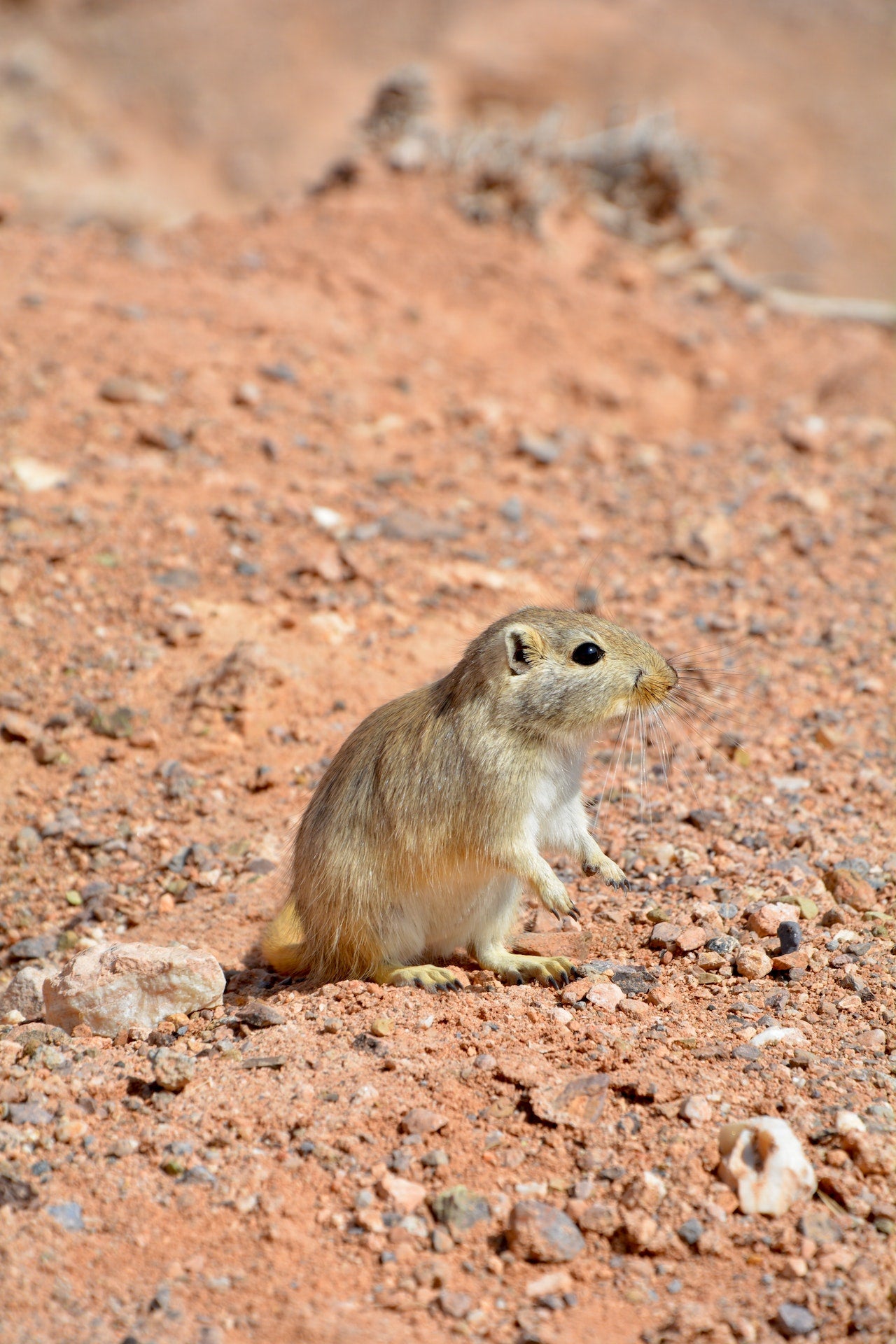
Gerbils, those charming miniature acrobats of the pet world, are no strangers to the importance of a well-rounded diet. Just like any other living being, their health and vitality are closely tied to what they consume. But what about nuts? Ah, the crunchy, flavorful nuts that we humans often enjoy as snacks. They've long been a source of fascination and controversy when it comes to gerbil diets.
Herein lies our exploration: the prospect of incorporating nuts into the lives of these delightful creatures. Is it a delightful treat or a nutritional minefield?
Types of Nuts Safe for Gerbils
When it comes to offering nuts to your gerbil, not all nuts are created equal. Some varieties are safe and even beneficial in moderation, while others should be kept far away from their tiny paws. Let's explore the nuts that fall on the safe side of the spectrum, keeping in mind that moderation is the key to a healthy gerbil diet.
Almonds
- Almonds are a popular choice among gerbil owners due to their nutritional value.
- They are rich in healthy fats, protein, and dietary fiber.
Walnuts
- Walnuts are another nut that can be offered to gerbils, but in small quantities.
- They are a good source of omega-3 fatty acids, which can benefit a gerbil's coat and overall health.
Hazelnuts
- Hazelnuts provide essential nutrients like vitamin E, which can support a gerbil's immune system.
- As with other nuts, offer hazelnuts sparingly due to their fat content.
Ensure that hazelnuts are fresh and not spoiled, as spoiled nuts can be harmful.
Cashews
- Cashews are relatively lower in fat compared to some other nuts.
- They contain vitamins and minerals like magnesium and phosphorus, which can be beneficial for gerbils.
Peanuts
- Peanuts are a go-to choice for many gerbil owners.
- They are a good source of protein and essential nutrients.
However, peanuts should be unsalted and offered in small amounts to prevent overeating.
Nutritional Benefits
Now that we've identified the types of nuts that can be safely included in your gerbil's diet, let's delve into the nutritional benefits that these nuts can offer to your furry friend. Understanding the positive aspects of incorporating nuts can help you make informed choices when it comes to treating your gerbil.
Protein Source
- Nuts, such as almonds, cashews, and peanuts, are rich in protein.
- Protein is essential for your gerbil's growth, muscle development, and overall health.
Including nuts in their diet can provide an additional source of this vital nutrient.
Healthy Fats
- Nuts contain healthy fats like unsaturated fats and omega-3 fatty acids.
- These fats contribute to a shiny and healthy coat for your gerbil.
Omega-3 fatty acids also have anti-inflammatory properties that can benefit your pet's well-being.

Nutrient Diversity
- Nuts offer a variety of essential nutrients, including vitamins and minerals.
- Hazelnuts, for example, provide vitamin E, which supports your gerbil's immune system.
Mental Stimulation
- Offering nuts as occasional treats can provide mental stimulation for gerbils.
- The challenge of cracking open a nut can engage their natural foraging instincts and keep them mentally active.
This mental stimulation is important for their well-being.
Potential Risks and Precautions
As much as nuts can provide nutritional benefits for your gerbil, it's equally important to be aware of potential risks associated with incorporating nuts into their diet. Understanding these risks and taking appropriate precautions is essential for the well-being of your furry friend.
Choking Hazard:
- Nuts can be relatively large in comparison to a gerbil's size.
- There is a risk of choking if your gerbil attempts to swallow a whole nut.
High Fat Content:
- Nuts, while nutritious, are also high in fat.
- Excessive fat intake can lead to obesity and related health issues in gerbils.
Ensure that nuts are offered in small quantities to prevent overconsumption of fat.
Spoiled Nuts
- Nuts can spoil over time, becoming rancid or moldy.
- Feeding your gerbil spoiled nuts can lead to digestive problems and other health issues.
Always check the freshness of the nuts before offering them to your pet.
Allergies
- Just like humans, gerbils can have allergies or sensitivities to certain foods, including nuts.
- If you notice any unusual reactions or symptoms after feeding your gerbil nuts, such as itching or digestive distress, discontinue nut treats and consult a veterinarian.
Dental Concerns
- Gerbils have continuously growing teeth that require proper wear.
- While nuts can provide some natural tooth abrasion, they should not replace specialized chew toys and hard food items designed for dental health.
Nut Allergies in Gerbils
While gerbils may seem like robust little creatures, they can indeed have sensitivities and allergies, just like their human companions. When it comes to nuts, it's essential to consider the possibility of nut allergies in gerbils. Here, we'll examine this potential issue and offer guidance on how to introduce nuts safely.
Recognizing Nut Allergies
- Nut allergies in gerbils can manifest as various symptoms, including itching, skin rashes, digestive problems, and respiratory issues.
- If you notice any unusual reactions after introducing nuts into your gerbil's diet, such as excessive scratching or sneezing, it's crucial to identify the allergen and discontinue it immediately.
Safe Introduction
- To minimize the risk of allergies, introduce nuts gradually.
- Start with a small piece of nut and observe your gerbil's response over several days.
If there are no adverse reactions, you can gradually increase the amount.
Nut Rotation
- Consider rotating the types of nuts you offer to your gerbil.
- This practice can help prevent sensitivities that may develop from continuous exposure to the same nut type.
Consult a Veterinarian
- If you suspect that your gerbil has a nut allergy or if you're unsure about their reactions, consult a veterinarian who specializes in exotic pets.
- They can conduct tests to determine allergies and provide guidance on your gerbil's specific dietary needs.
Conclusion
In our quest to understand the potential of incorporating nuts into your gerbil's diet, we've embarked on a journey of discovery. We've explored the types of nuts that are safe for gerbils, emphasizing the importance of moderation. We've delved into the nutritional benefits that nuts can offer, while also considering the potential risks and taking necessary precautions. We've examined the possibility of nut allergies in gerbils and how to introduce nuts safely. Finally, we've explored creative ways to make nut-infused treats that can enrich your gerbil's daily life.
Remember that your gerbil's diet should primarily consist of their regular food, including pellets, fresh vegetables, and hay. If you ever have concerns or questions about your gerbil's diet, don't hesitate to consult with a veterinarian who specializes in exotic pets.



